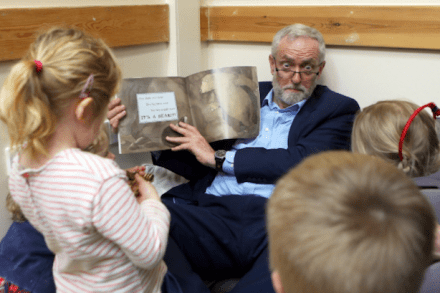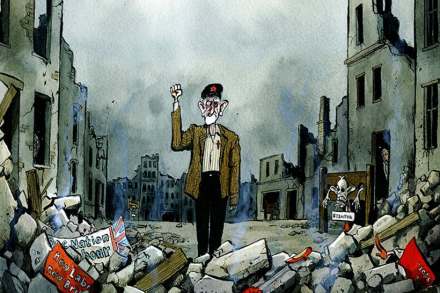Sunday political interviews round-up: Labour may scrap Trident, Corbyn says
Corbyn – Labour may scrap Trident nuclear deterrent Labour leader Jeremy Corbyn occupied the prime slot on the Andrew Marr Show this morning, and he told Marr that he wants to see ‘a very different country’. But how different? He was asked what he would say to the captains of the Trident submarines about whether to use their missiles in the event of a nuclear attack on the United Kingdom. ‘What I will be saying is that I want us to achieve a nuclear free world. What I want us to do is adhere to the Nuclear Non-Proliferation Treaty and take part in negotiations surrounding that, and crucially… immediately promote the




















